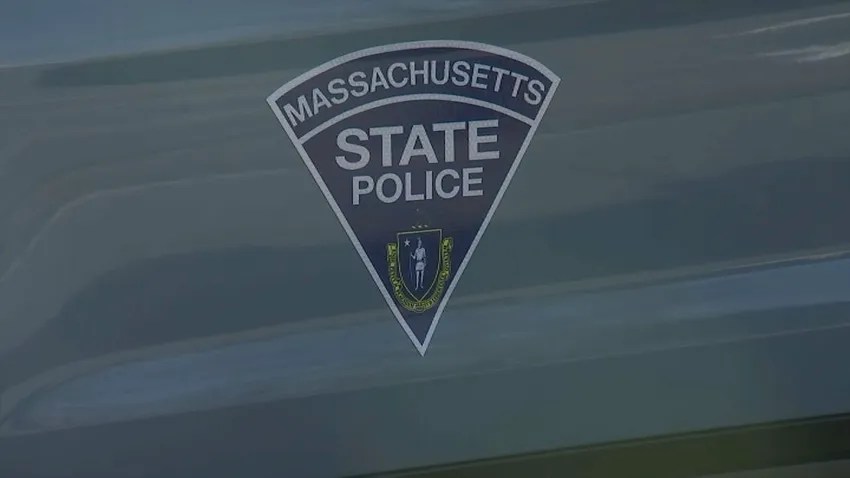It’s a chipper tone you hear rounding the baggage carousel in the international arrivals terminal at Boston Logan Airport.
“Let's go find it. Let's go find it,” says Sarah Olson. She is an Agriculture Specialist, K-9, with U.S. Customs and Border Protection.
“When I come to work every day, I get to play hide and seek with my dog,” Olson said.
The other half of her hide-and-seek team is a 4-and-a-half rescue Beagle named Haven. The pair heads to an elderly woman collecting her bags off a flight just in from Amsterdam.
Haven sniffs something and alerts Olson. The woman says she has cheese and chicken wraps in her carry-on bag. Olson takes a look and clears the items. Haven waits for a treat as the elderly woman laughs encouragement.
The tail-wagging detector dog may illicit gooey smiles from travelers, but her work is serious business. She and dozens like her in airports nationwide screen passengers and luggage - sniffing out fruits, vegetables, meats and other items banned from entering the U.S. because they can carry pests and disease.
“Dogs generally have a thousand times better smell than you or I would have,” said Olson.
Massachusetts
The latest news from around the state
With the dramatic expansion of international routes at Logan - Beijing, Dubai, Liberia, Istanbul, Doha - tracking what people bring in to Boston is all the more critical.
CBP Specialist Baljeet Kaur showed us items seized in recent days held in the quarantine room, from mangoes to dried lemons to pork floss and bird's nest - a rare and expensive Chinese delicacy made from solidified bird saliva.
Food made out of bird saliva may seem a world away to you, but any of these items can carry pests that can have very real consequences here at home.
The U.S. Department of Agriculture considers bird's nest a high risk for Avian Flu transmission.
Simple watermelon seeds can host the khapra beetle, which can destroy grains, cereals and stored foods at a startling pace.
The Longhorned Beetle hitched a ride in products imported from Asia - costing taxpayers hundreds of millions of dollars and destroying tens of thousands of trees in the U.S., including here in New England.
And agents confiscated dozens of citrus plants - fearful of the devastating effects diseased pests are having on crops in Florida right now.
“When there's an outbreak of certain pests, that will affect the availability of that commodity and hit you in the pocket when you get high food prices," said CBP Supervisory Agriculture Specialist Angel Portalatin.
In the last fiscal year, CBP agriculture specialists in the Boston field office have intercepted nearly 40,000 banned items, up 62 percent from the year before. Nationwide, more than 1.7 million items were confiscated.
Haven - who can quickly distinguish between about 100 different smells - alerted Olson to several bags tucked into the luggage of a family coming in from Jordan. Inside were raw almonds, grape leaves, lamb and chickpeas infested with what looked like inchworms.
Another passenger brought in vegetables and raw fish from Africa which had gone moldy and were infested with bugs.
The pests are collected and sent to USDA labs for testing. The items are seized and Haven is rewarded for a job well done.
Passengers bringing in prohibited and undeclared items face fines beginning at $300, but they get stiffer for repeat offenders. As for the contraband itself, it's either ground up and destroyed on site or carted away for incineration



